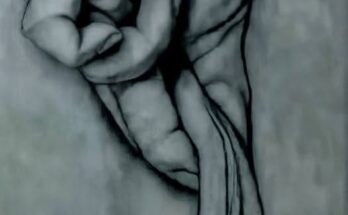In the fast-paced, high-pressure environment of live television, even a single misstep can have devastating consequences. For our protagonist, a split-second decision during a routine broadcast became a career-altering moment. The incident, captured on camera and broadcast to millions, ignited a firestorm of controversy and public outrage. Almost overnight, the protagonist found themselves at the center of a media frenzy, their every move scrutinized and dissected by both the public and the press. The fallout was swift and unforgiving: they were fired from their position, their professional reputation left in tatters.
What began as a routine day on set quickly turned into a nightmare. The pressure of live television, where there’s no room for error, had always been part of the job. But in this instance, a momentary lapse in judgment—whether fueled by stress, fatigue, or simply human error—led to a decision that would haunt them for years to come. The clip of the incident went viral, spreading across social media and news outlets, with commentators and viewers alike weighing in on the controversy. The backlash was relentless, with critics calling for accountability and questioning the protagonist’s competence and character.
As the storm of public opinion raged on, the protagonist struggled to come to terms with the fallout. The loss of their job was only the beginning; the incident also took a toll on their mental health and personal life. Friends and colleagues distanced themselves, fearing association with the scandal. Yet, amid the chaos, the protagonist began to reflect on the pressures of their industry and the unforgiving nature of public perception. This moment of crisis, while devastating, also became an opportunity for growth and self-examination, as they sought to rebuild their life and career from the ground up.



